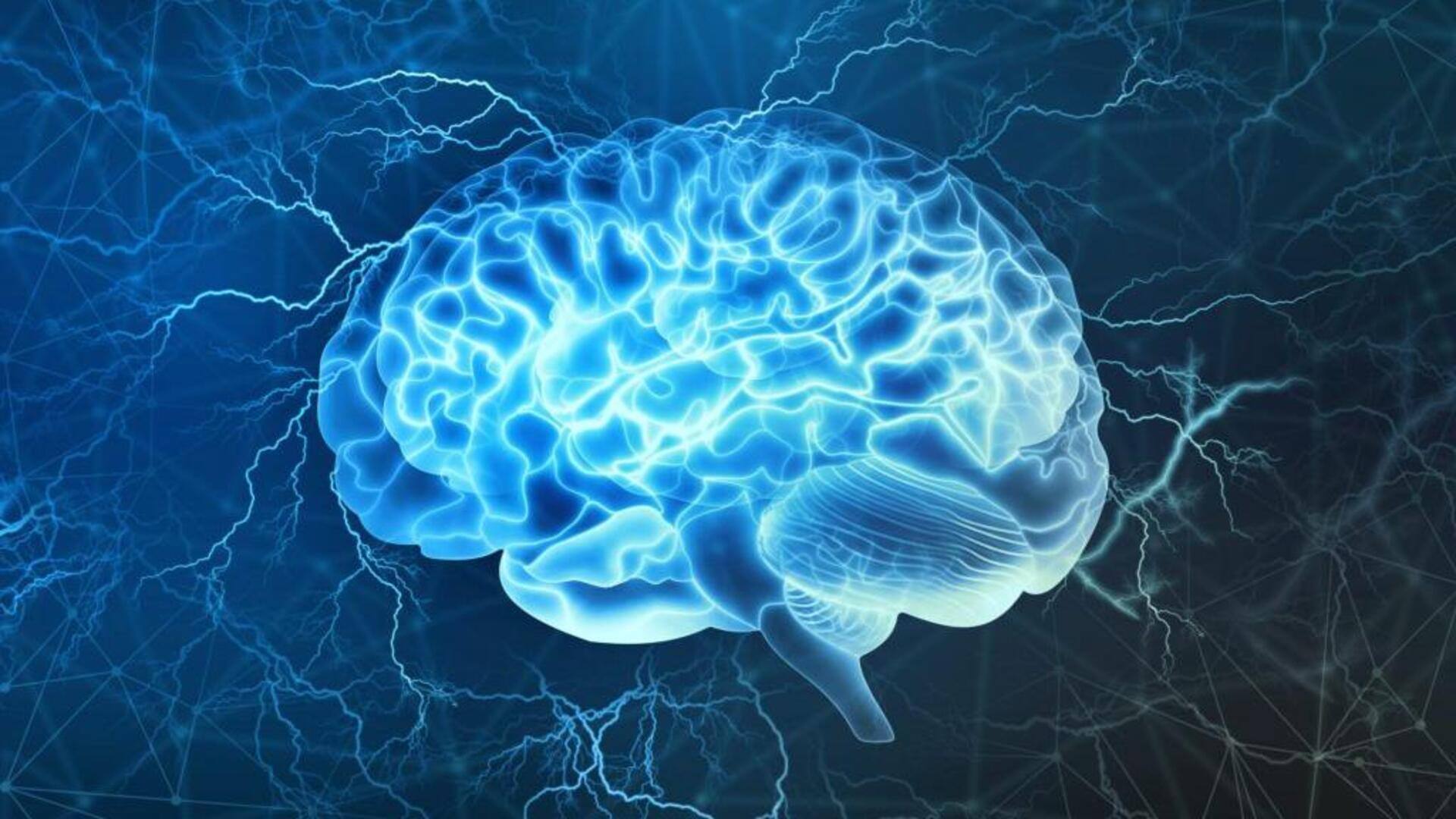**‘Mileage Clock’ in Brain Could Help Diagnose Alzheimer’s**
*By Akash Pandey | Sep 19, 2025, 05:35 PM*
Scientists have identified a fascinating ‘mileage clock’ mechanism in the brains of rats, suggesting that a similar system may exist in humans. This groundbreaking discovery, recently published in *Current Biology*, holds promise for improving early diagnosis of Alzheimer’s disease.
### Tracking Distance in the Brain
The research reveals how certain brain cells involved in navigation and memory fire in a regular pattern to track the distance an individual has traveled. In the study, rats were observed running inside a small arena while their brain activity was monitored during navigation tasks. Researchers found that these cells fired in a manner akin to a mileage clock, ticking with every few steps the rats took.
Interestingly, when the shape of the arena was altered, the firing pattern became irregular, and the rats had difficulty estimating the distance they had traveled. This phenomenon is similar to how humans struggle to navigate effectively when visual landmarks disappear—such as in foggy conditions.
### Confirming the ‘Mileage Clock’ in Humans
To validate the presence of this mechanism in humans, the researchers conducted a parallel experiment with volunteers. Participants were asked to walk a set distance within a rectangular arena and then return to the starting point. When the arena was symmetrical, people estimated distances accurately, but when the walls were moved to change the shape of the arena, their distance estimation errors increased—mirroring the results seen with rats.
### Implications for Alzheimer’s Diagnosis
This discovery has exciting potential implications for Alzheimer’s disease diagnosis. The specific brain cells involved in this mileage clock mechanism are among the first to be affected by Alzheimer’s.
Professor James Ainge from the University of St Andrews commented, “People have already created diagnostic games that you can play on your phone, for example, to test navigation. We’d be really interested in trying something similar, but specifically looking at distance estimation.”
Such diagnostic tools could help detect Alzheimer’s earlier by assessing an individual’s ability to estimate distance and navigate, potentially leading to timely interventions.
—
*Source: Current Biology*
https://www.newsbytesapp.com/news/science/scientists-discover-mileage-clock-in-rat-brains-offering-alzheimer-s-insights/story


